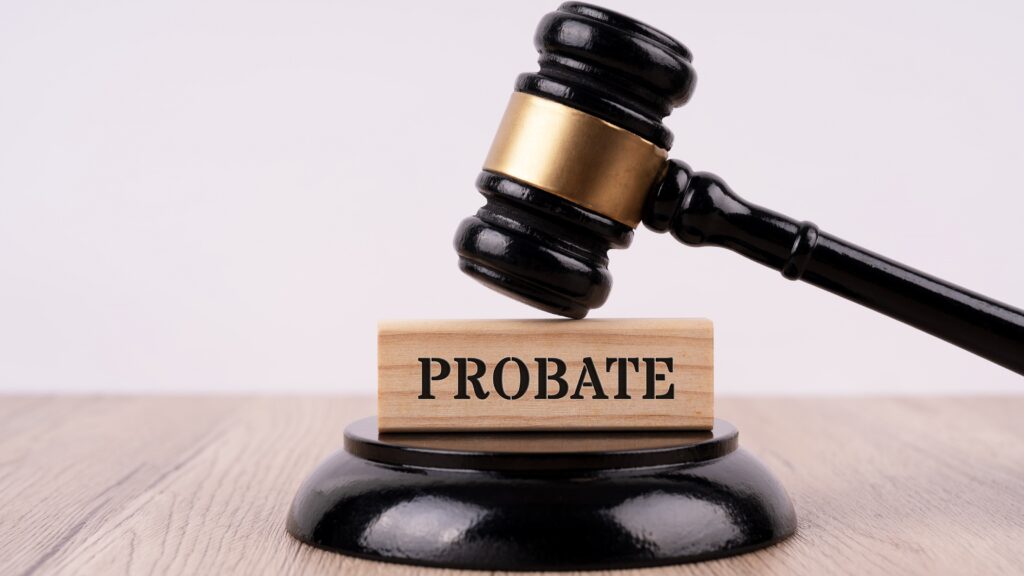Essential Steps in the Texas Probate Process
The Texas probate process can be intricate, requiring specific steps to ensure compliance with state laws. Understanding these steps is crucial for executors and beneficiaries alike. Typically, the process begins with filing the will and necessary documents in the appropriate probate court, followed by notifying interested parties and managing the estate's assets.
For example, after filing, the court will issue letters testamentary, granting the executor authority to act on behalf of the estate. This includes gathering assets, paying debts, and ultimately distributing the remaining property according to the will or Texas intestacy laws if no will exists.
Common Challenges in Texas Probate Cases
Probate cases in Texas can present various challenges, including disputes among heirs, contested wills, and issues related to asset valuation. Understanding these potential hurdles can help individuals prepare for a smoother probate experience.
For instance, when heirs disagree on the interpretation of a will, it may lead to litigation that prolongs the probate process. Additionally, if the estate includes complex assets such as businesses or real property, obtaining accurate valuations can be contentious and may require professional appraisals.
Understanding Texas Intestacy Laws
Texas intestacy laws dictate how an estate is distributed when someone dies without a valid will. Familiarity with these laws is essential for heirs to understand their rights and potential inheritances.
Under Texas law, the distribution of assets varies depending on the deceased's surviving relatives. For example, if there is a surviving spouse and children, the spouse may inherit a portion of the community property, while the children inherit the other half. In cases without direct descendants, the estate may pass to parents, siblings, or more distant relatives.
How to Choose the Right Probate Attorney in Texas
Selecting a knowledgeable probate attorney is a critical step for anyone navigating the probate process in Texas. A qualified attorney can provide invaluable guidance, ensuring that all legal requirements are met and that the process runs smoothly.
When choosing an attorney, consider their experience with Texas probate law, their communication style, and their reputation in the community. It may also be beneficial to seek referrals or read reviews from previous clients to gauge their satisfaction and the attorney's effectiveness in handling probate matters.







